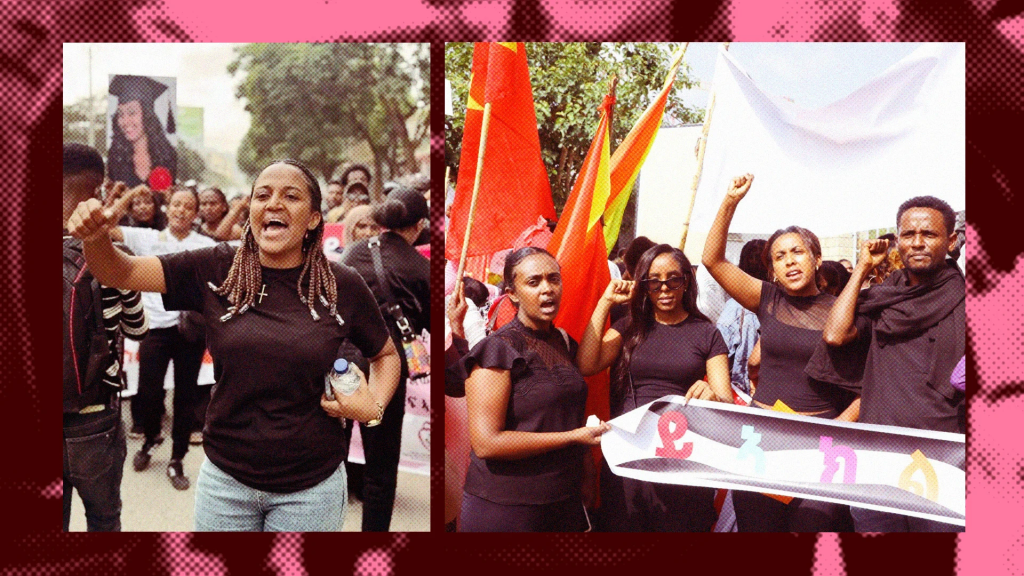Violence against women has surged in northern Ethiopia’s Tigray region since the civil war ended two years ago, the New Humanitarian reports.
Earlier this year, women in Mekelle protested the rising violence, triggered by the murder of 16-year-old Mahlet Teklay, who was kidnapped and killed when her abductors didn’t get the ransom they demanded.
Activist Birhan Gebrekirstos stated that this was the final straw for many, leading women, including former fighters of the Tigray People’s Liberation Front (TPLF), to demand protection and justice from the regional government.
The situation in Tigray is dire. Reports of gang rape and violence are frequent, with incidents becoming so common that being raped by one person is now seen as trivial.
During the war, rape was used by federal and Eritrean forces as a weapon to cause lasting harm to women and girls in Tigray.

Amnesty International noted that survivors are left without adequate support, lacking access to necessary services like medical treatment and mental healthcare.
The TPLF also committed atrocities against women in Amhara, including gang rapes and torture. In other conflict areas like Amhara and Oromia, violence against women continues, with reports of sexual violence by government forces.
Many cases go unreported due to the unsafe conditions and the cultural stigma that forces survivors into silence.
Traditional harmful practices, such as female genital mutilation and early marriages, are also resurging as government attention shifts. In some regions, women are even forced to marry their rapists as a form of social reparation.
Despite the risks, some women are speaking out. Non-Governmental Organisations like the Association for Women’s Sanctuary and Development and feminist organisations like Setaweet are working to support survivors and document their stories.
However, the lack of effective legal protections and societal support means many offenders escape serious penalties.
Activists emphasise the need for better laws and empowerment for women to understand and fight for their rights.


